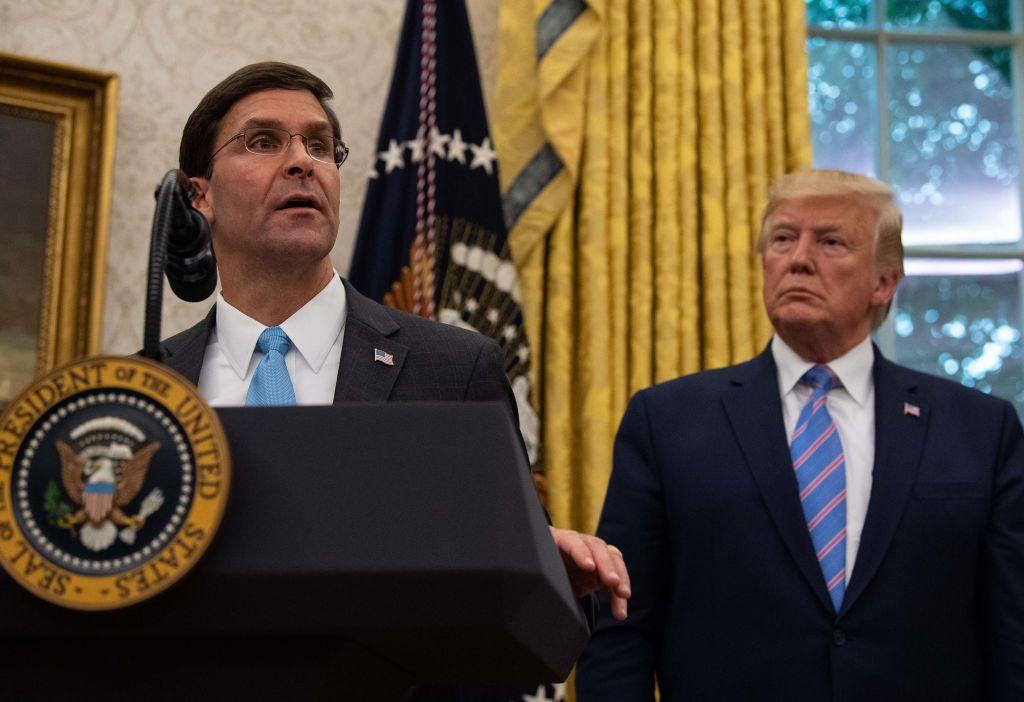Former Secretary of the Army Mark Esper has been confirmed as the new U.S. secretary of defense following a Senate vote, ending a more than seven-month vacancy at the Pentagon. How he will deal with the military threat from China is now under close scrutiny.
The U.S. Senate confirmed President Donald Trump’s nomination by a vote of 90–8 on July 23. Prior, the Pentagon had been without a permanent boss since Jim Mattis resigned in December last year. Since then, Deputy Secretary Patrick Shanahan has been the acting secretary, but he withdrew from the nomination process in June.





